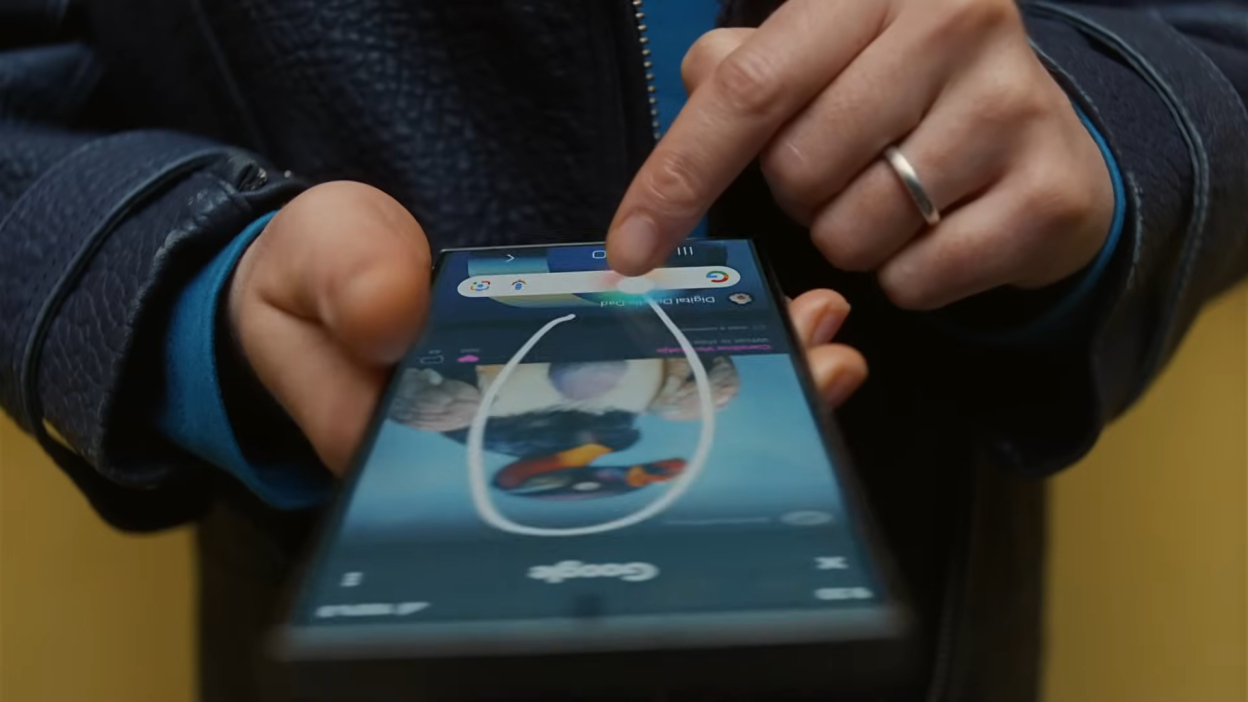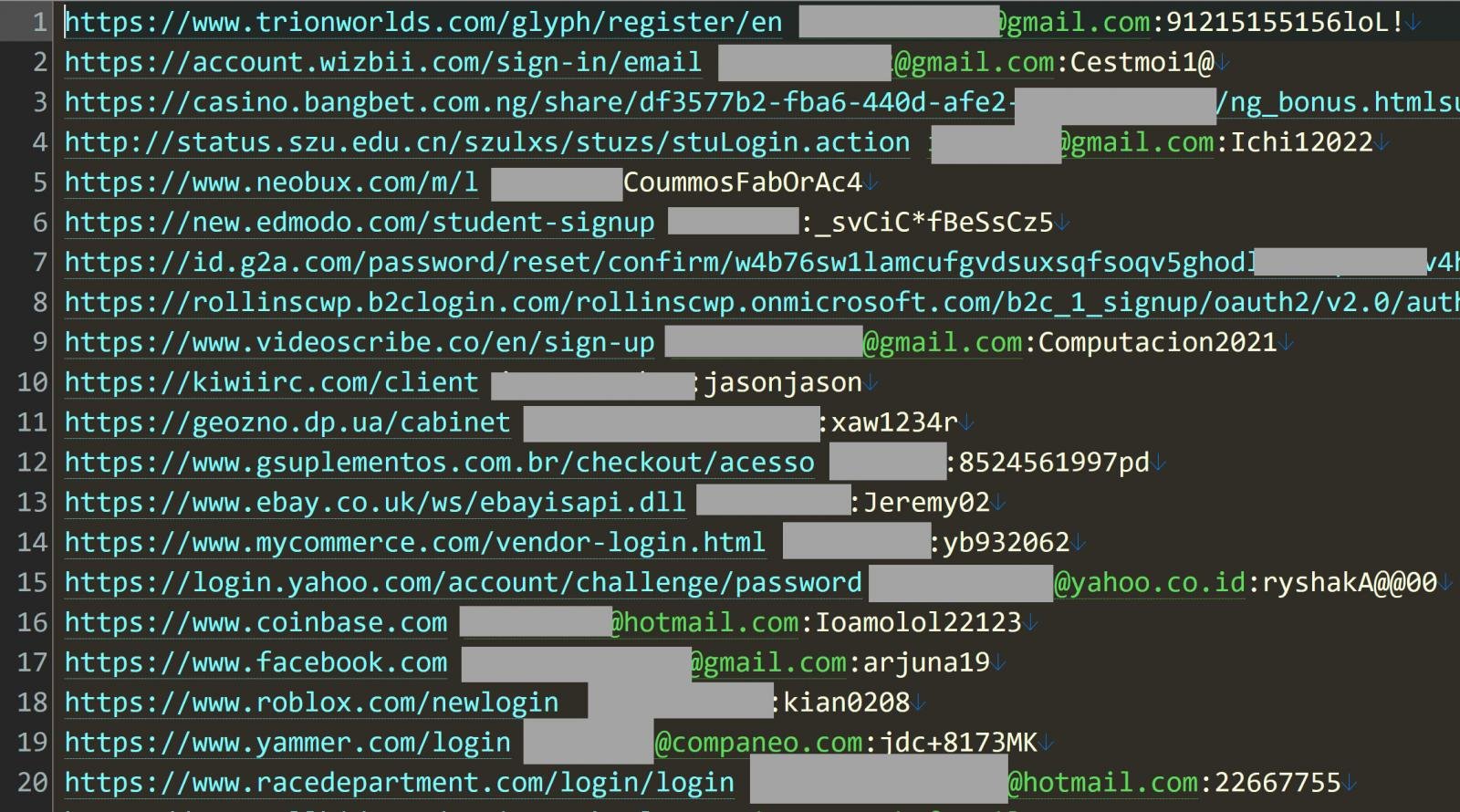[…] the public too often doesn’t understand how it happens that products stop working the way they did after updates are performed remotely, or why movies purchased through an online store suddenly disappear with no refund, or why other media types purchased online likewise go poof. There is a severe misalignment, in other words, between what consumers think their money is being spent on and what is actually being purchased.
[…]
I suppose it’s at least a bit refreshing to see Ubisoft come out here and just say the quiet part out loud.
With the pre-release of Prince of Persia: The Lost Crown started, Ubisoft has chosen this week to rebrand its Ubisoft+ subscription services, and introduce a PC version of the “Classics” tier at a lower price. And a big part of this, says the publisher’s director of subscriptions, Philippe Tremblay, is getting players “comfortable” with not owning their games.
He claims the company’s subscription service had its biggest ever month October 2023, and that the service has had “millions” of subscribers, and “over half a billion hours” played. Of course, a lot of this could be a result of Ubisoft’s various moments of refusing to release games to Steam, forcing PC players to use its services, and likely opting for a month’s subscription rather than the full price of the game they were looking to buy. But still, clearly people are opting to use it.
On the one hand, there are realms where it makes sense for a subscription based gaming service where you pay a monthly fee for access and essentially never buy a game. Xbox’s Game Pass, for instance, makes all the sense in the world for some people. If you’re a more casual gamer who doesn’t want to own a library of games, but rather merely wants to be able to play a broad swath of titles at a moment’s notice, a service like that is perfect.
But Game Pass is $10 a month and includes titles from all kinds of publishers. Ubisoft’s service is nearly double that rate and only includes Ubisoft titles. That’s a much tougher sell.
[…]
Given that most people, while being a part of the problem (hello), also think of this as a problem, it’s so weird to see it phrased as if some faulty thinking in the company’s audience.
“One of the things we saw is that gamers are used to, a little bit like DVD, having and owning their games. That’s the consumer shift that needs to happen. They got comfortable not owning their CD collection or DVD collection. That’s a transformation that’s been a bit slower to happen [in games]. As gamers grow comfortable in that aspect… you don’t lose your progress. If you resume your game at another time, your progress file is still there. That’s not been deleted. You don’t lose what you’ve built in the game or your engagement with the game. So it’s about feeling comfortable with not owning your game.“
That last sentence’s thoughts are so misaligned as to be nearly in the realm of nonsense. If it’s my game, then I do own it. The point Ubisoft is trying to make is that the public should get over ownership entirely and accept that it’s not my game at all. It’s my subscription service.
And while I appreciate Ubisoft saying the quiet part out loud for once, I don’t believe for a moment that this will go over well with the general gaming public.
Source: Ubisoft Says It Out Loud: We Want People To Get Used To Not Owning What They’ve Bought | Techdirt
Hint: it hasn’t!








